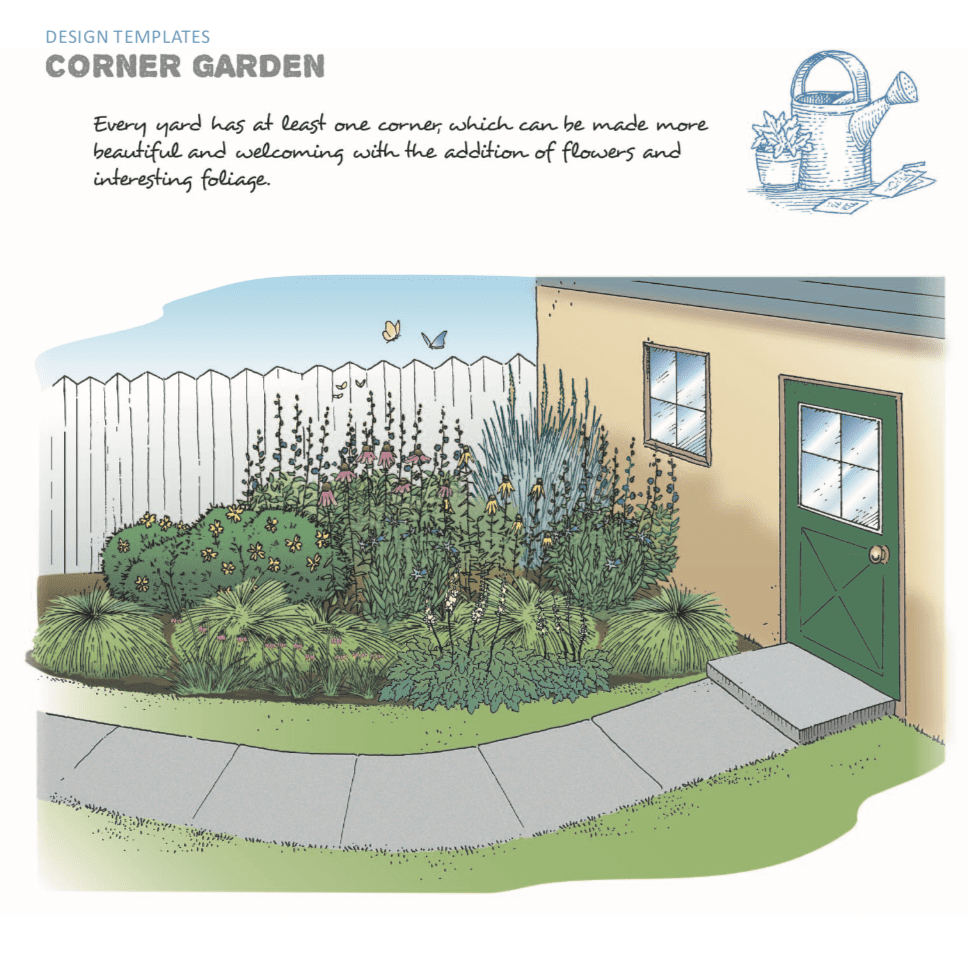Natural Beauty: Embracing Native Plant Landscaping


Harmony in Nature: The Essence of Native Plant Landscaping
In the world of landscaping, a shift towards sustainability and ecological harmony is evident in the embrace of native plant landscaping. Discover the beauty and benefits of incorporating native flora into your outdoor spaces.
Celebrating Biodiversity: The Role of Native Plants
Native plant landscaping celebrates the diversity of plant species that naturally occur in a specific region. These plants have evolved and adapted to local climate, soil conditions, and ecosystems over centuries. By choosing native plants, you contribute to the preservation of local biodiversity, creating a resilient and thriving landscape.
Water-Wise Landscaping with Native Plants
Native plants are inherently adapted to the local climate and require minimal water once established. This water-wise characteristic makes native plant landscaping an environmentally conscious choice, especially in regions where water conservation is crucial. These plants can thrive with less irrigation, reducing the overall water footprint of your landscaping.
Native plant landscaping is redefining outdoor spaces. To explore more, visit aracatinet.com.
Low Maintenance Beauty: Nurturing Resilient Gardens
One of the advantages of native plant landscaping is the low maintenance it requires. These plants are well-suited to local conditions, reducing the need for excessive fertilizers, pesticides, and watering. By choosing native flora, you create a garden that thrives with minimal intervention, allowing you to enjoy the beauty of nature without constant upkeep.
Supporting Local Wildlife Habitats
Native plants play a crucial role in supporting local wildlife habitats. They provide food and shelter for native insects, birds, and other wildlife, contributing to the overall health and balance of the ecosystem. Native plant landscaping creates a harmonious environment where local fauna can thrive, enhancing the ecological value of your outdoor space.
Preserving Natural Heritage and Cultural Significance
In addition to their ecological benefits, native plants often hold cultural and historical significance. They may have been used by indigenous communities for medicinal, culinary, or ceremonial purposes. Incorporating native plants into landscaping is a way of preserving the natural heritage of an area and acknowledging the cultural importance of these plants.
Beautiful and Seasonally Dynamic Landscapes
Native plant landscaping offers a spectrum of colors, textures, and forms that change with the seasons. From vibrant spring blooms to the rich hues of fall foliage, these landscapes evolve naturally throughout the year. This seasonal dynamism adds to the aesthetic appeal of native plant gardens, creating a visually engaging outdoor experience.
Pollinator-Friendly Gardens for a Thriving Ecosystem
Many native plants are excellent attractors of pollinators such as bees, butterflies, and hummingbirds. By creating a pollinator-friendly garden through native plant landscaping, you actively contribute to the health of the broader ecosystem. Pollinators play a vital role in plant reproduction and are essential for maintaining biodiversity.
Resilient Against Invasive Species
Native plants have evolved alongside local environmental conditions, making them resilient against invasive species. When you choose native plant landscaping, you create a natural barrier against the spread of non-native plants that may disrupt local ecosystems. This resilience contributes to the overall stability and health of your outdoor environment.
In conclusion, native plant landscaping is a harmonious and sustainable approach to outdoor design. From supporting biodiversity and water conservation to creating beautiful, low-maintenance landscapes, the benefits are extensive. To embark on your journey into native plant landscaping, visit aracatinet.com and explore the possibilities of cultivating a garden that is both ecologically rich and visually stunning.







